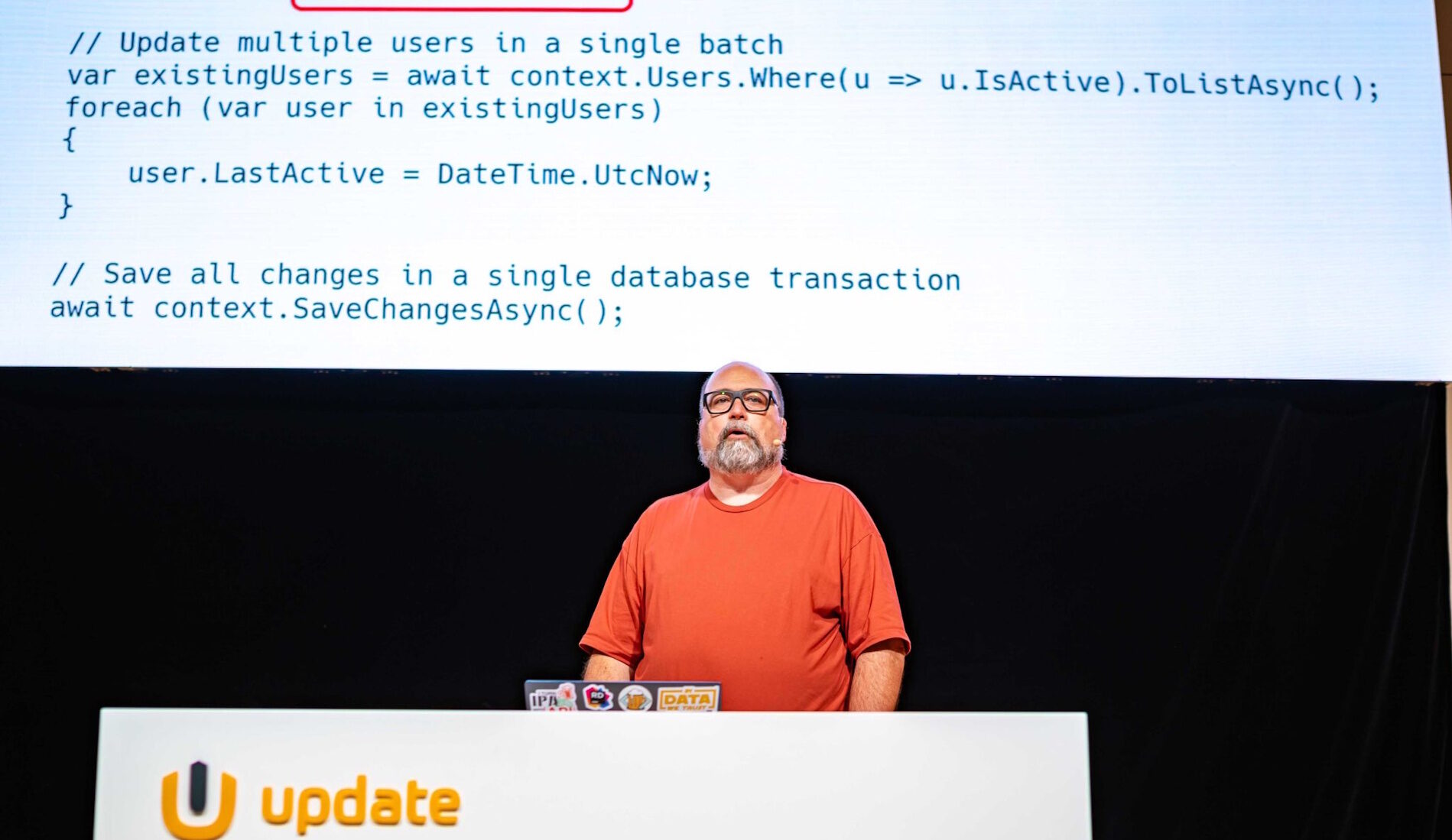Final Reflections: What Rust Taught Me as a C# Dev
Day 42, and here we are. Six weeks of learning Rust from the perspective of a C# developer. We covered the basics, wrestled with ownership, danced with traits and lifetimes, and shipped a working CLI app. Along the way, there were moments of frustration, lightbulb moments, and more than a few “why is this so hard” conversations with the compiler.
This final reflection is about stepping back and asking the big questions. What did Rust really teach me? What am I taking back to my C# projects? What might be next?










